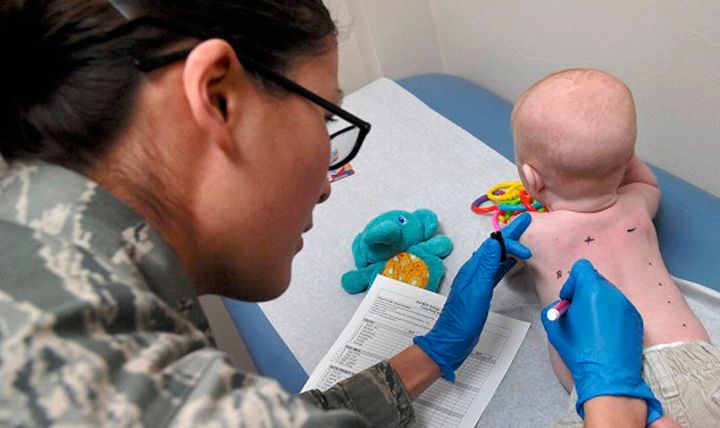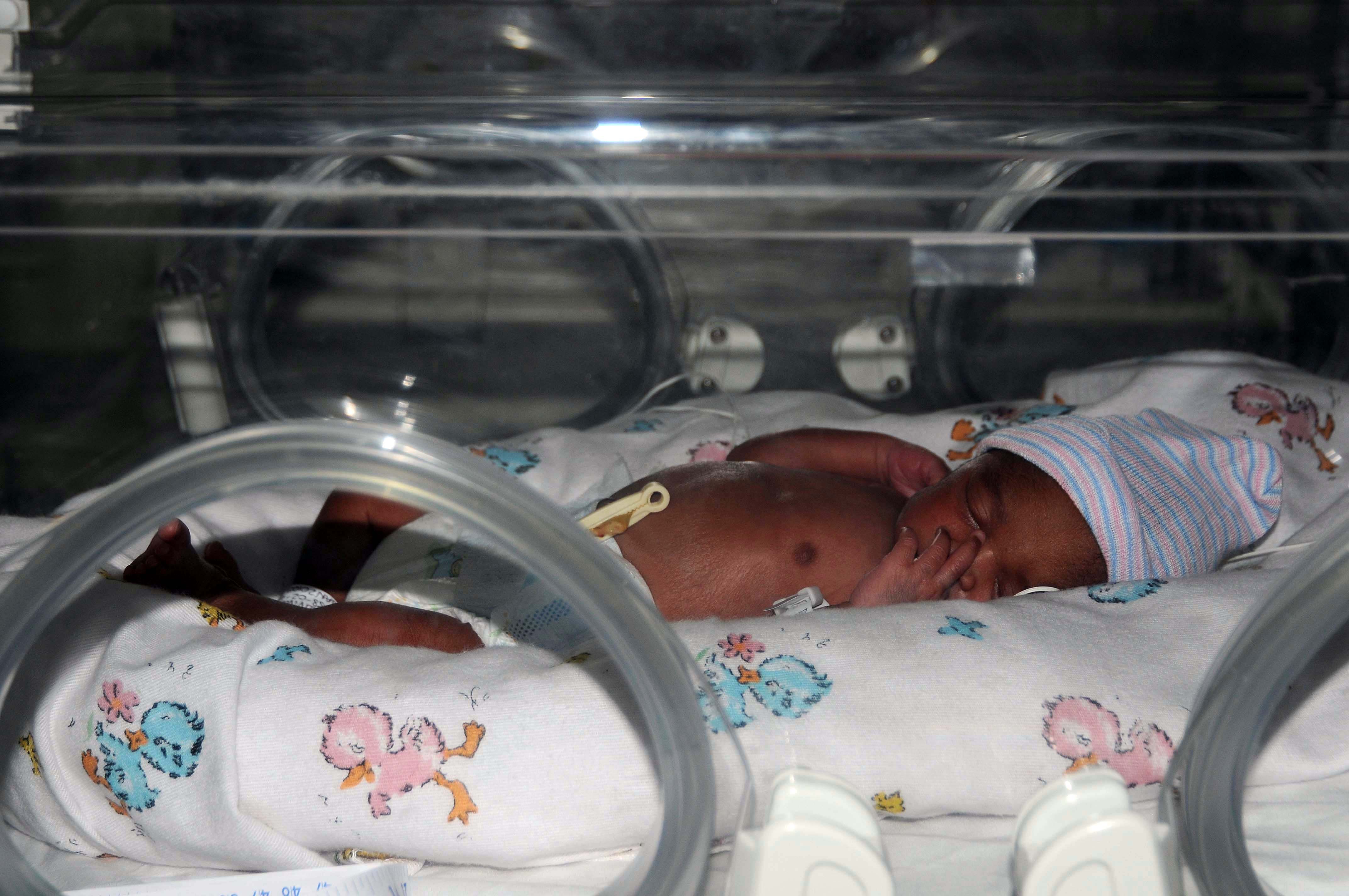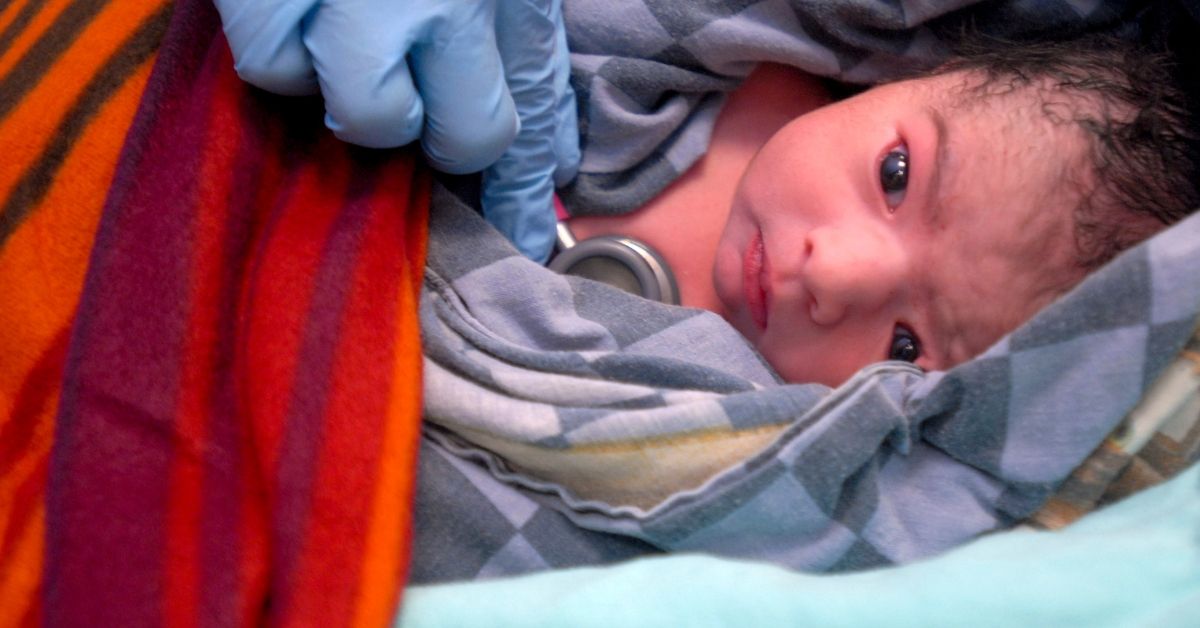Being pregnant is already stressful enough, but sooner or later a mother has to decide how she wants to deliver her baby.
This isn't an easy decision to make, and sometimes mothers don't have the power to decide.
For example, if a mother has prolonged labor, their baby is not positioned head first, or either mother or baby suffers from health problems, doctors will order an emergency cesarean section.
Today, about 1 in 3 American babies are born via cesarean, which is quite concerning, according to new research.
While an emergency C-section could save a baby's life, a recent study claims that it could lead to a host of other health problems...

A study published in the Journal of Allergy & Clinical Immunology found that children born via C-Section have a higher risk of developing food allergies, compared to babies born through a natural birth.
The study looked at one million children born between 2001 and 2012 in Sweden, and discovered that 2.5% of those kids were diagnosed with a food allergy later in life.
Among those children, a majority of them were born via cesarean section, making babies born via this delivery method 18% more likely to develop a food allergy, while babies born via an emergency C-section 21% more at risk.
That being said, premature babies born by C-section have a 21% lower risk of developing a food allergy.
That's not the only thing researchers uncovered about C-section births...

Mothers who had asthma and pulmonary disease while pregnant were also more likely to have offspring that developed food allergies later in life.
Now, it's clear that the way a child is born does have some kind of impact on their immune system.
"It has previously been implied that mode of delivery is a significant determinant of postpartum adaptation of the immune system," the authors explain. "Cesarean delivery seems to delay and alter the development of the offspring's immune system, subsequently increasing the risk of [allergic] disease[s]."

Other health issues that C-section births have been linked to are obesity, asthma, diabetes, and other chronic health problems.
"To me, that evidence says that it is reasonable to believe that cesarean has the potential for long-term adverse health consequences for children," Jan Blustein, from New York University's Wagner School, said in her study on C-section births.
[H/T: IFLSCIENCE]

